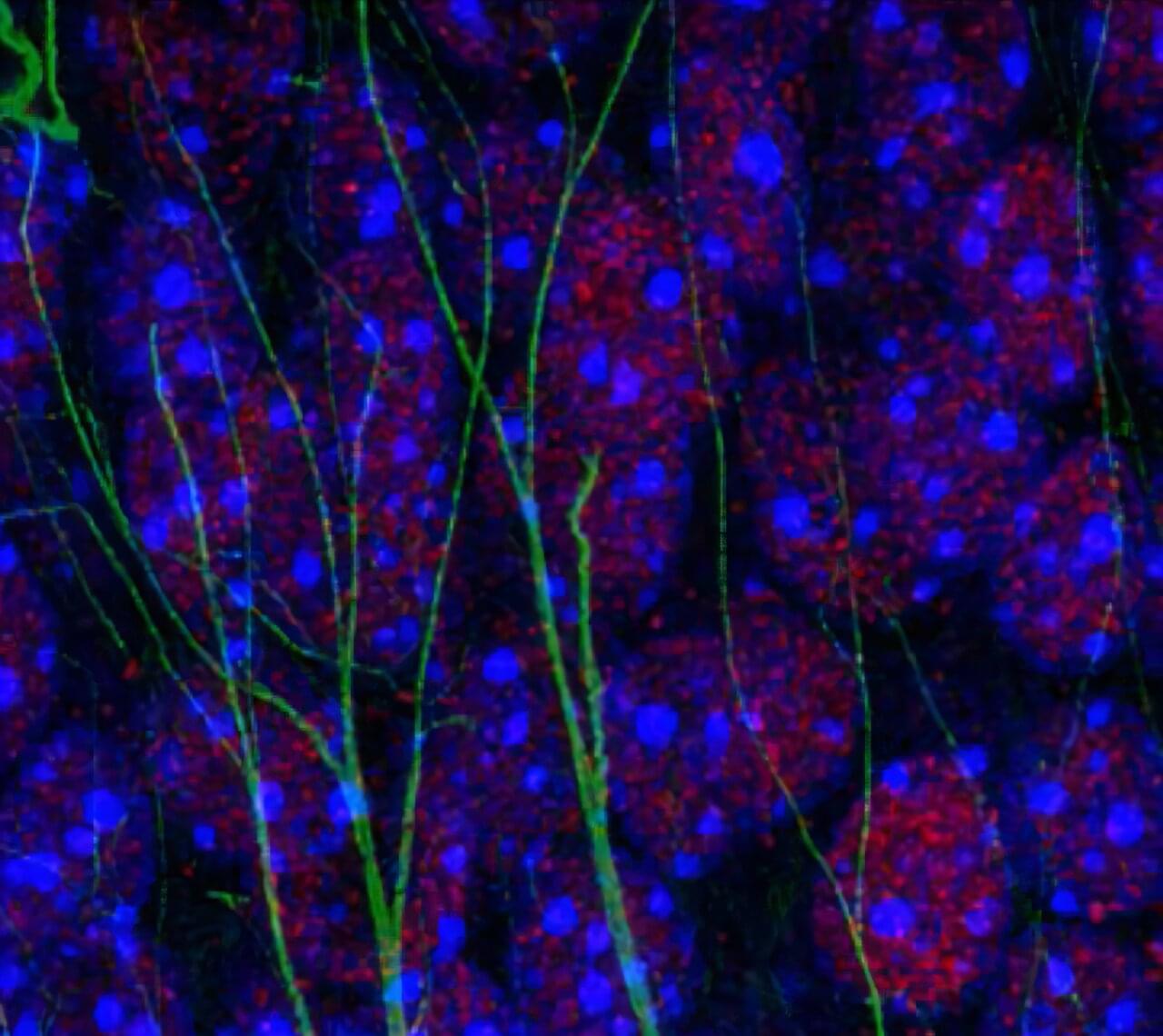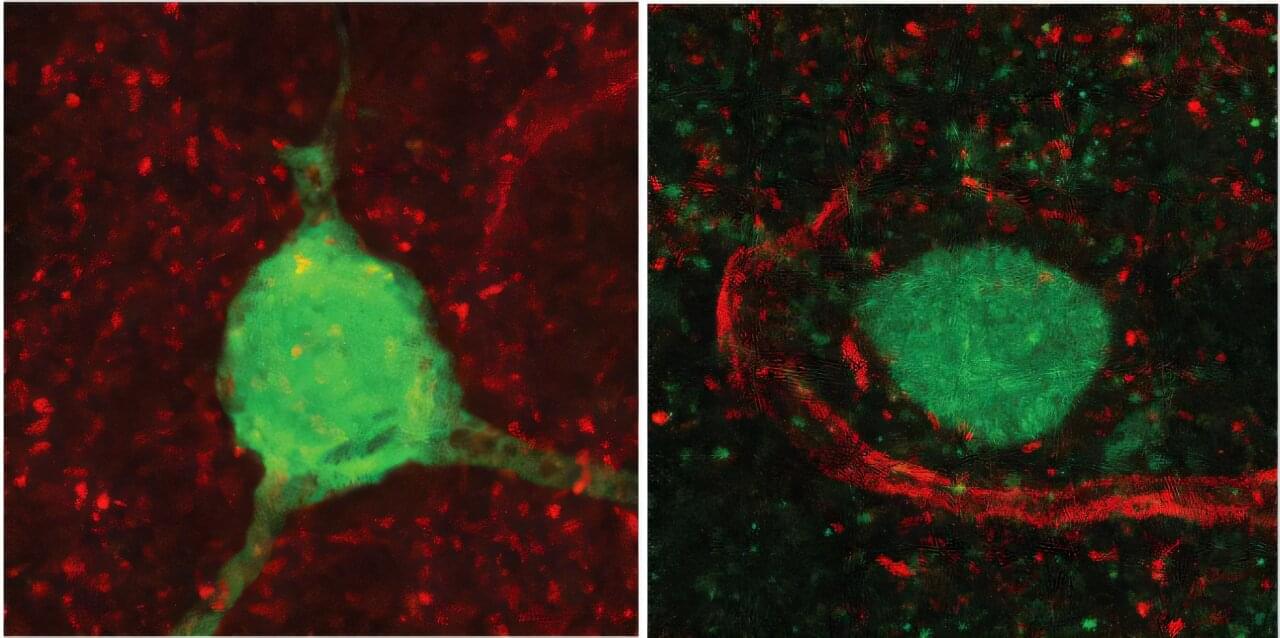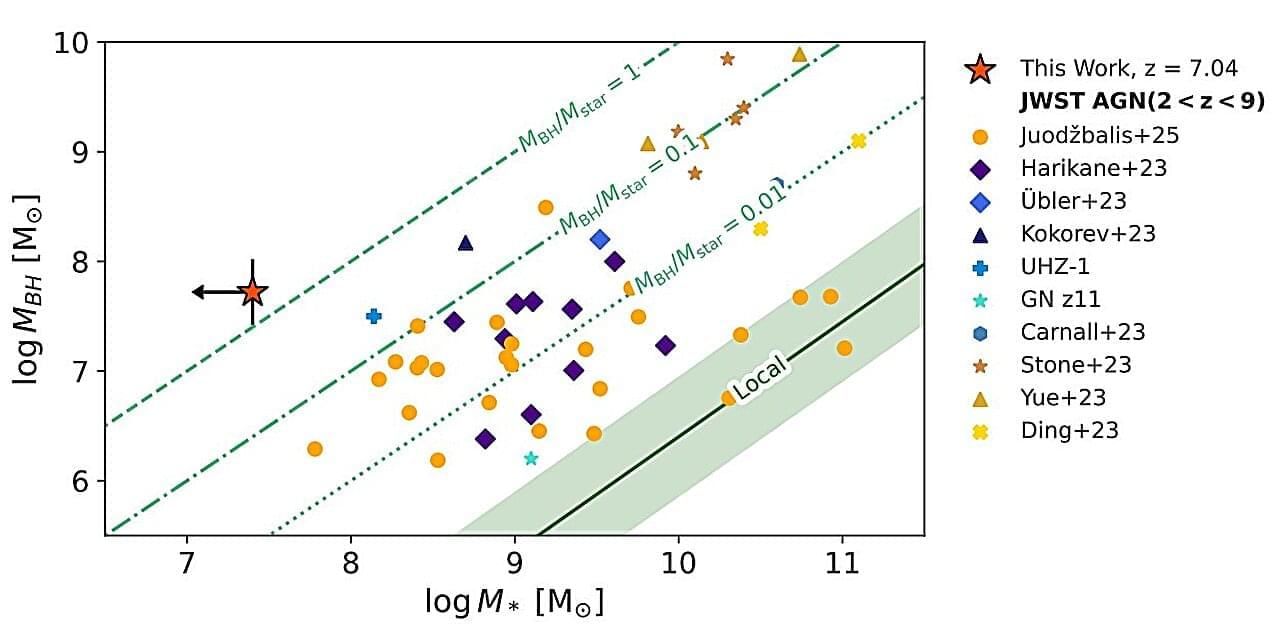Researchers have developed the first metal–organic framework (MOF) neuron that mimics brain-like behavior in aqueous environments by responding to dopamine.





If I had the money this would be the first person I would call.
Can one forgotten organ hold the key to reversing aging? In this exclusive interview, Dr. Greg Fahy — one of the world’s leading longevity scientists — reveals groundbreaking discoveries about the thymus, age reversal, and the future of human health.
From regrowing his own thymus to pioneering cryobiology and organ preservation, Dr. Fahy shares insights that could change how we think about aging, immortality, and life extension. This conversation dives into the science behind reversing biological age, restoring the immune system, and even the possibility of medical time travel.
🔑 Topics covered in this video:
Thymus regeneration and why it may be the “master control” of aging.

Neuroinflammation, a prolonged activation of the brain’s immune system prompted by infections or other factors, has been linked to the disruption of normal mental functions. Past studies, for instance, have found that neuroinflammation plays a central role in neurodegenerative diseases, medical conditions characterized by the progressive degradation of cells in the spinal cord and brain.
When inflammation is taking place, cells release proteins that act as signals between immune cells, also known as cytokines. While some studies have linked a specific cytokine called interleukin-1 (IL-1) to changes in brain function, the mechanisms through which it could contribute to a decline in mental capabilities remain poorly understood.
Researchers at the University of Toulouse INSERM and CNRS recently carried out a study involving mice aimed at better understanding these mechanisms. Their paper, published in Nature Neuroscience, particularly focused on neuroinflammation elicited by the parasite Toxoplasma gondii (T. gondii), which is responsible for a well-known illness called toxoplasmosis.

A team of researchers has identified for the first time the mechanism linking a mutation in the Shank3 gene with alterations in social behavior. Using a mouse model carrying this autism-associated mutation, the study shows that vasopressin, a brain hormone essential for social relationships, is not properly released in the lateral septum.
The team is from the Cognition and Social Interactions laboratory, led by Félix Leroy at the Institute for Neurosciences, a joint center of the Spanish National Research Council (CSIC) and the Miguel Hernández University (UMH) of Elche.
The work, published in Nature Communications, demonstrates that the proper release of vasopressin in this region regulates social behaviors through two distinct receptor pathways: one controlling sociability and the other controlling social aggression, and that selective activation of these receptors can reverse deficits in social interaction without triggering unwanted aggressive responses.

Researchers Shinjiro Takano, Yuya Hamasaki, and Tatsuya Tsukuda of the University of Tokyo have successfully visualized the geometric structure of growing gold nanoclusters in their earliest stages. During this process, they also successfully grew a novel structure of elongated nanoclusters, which they named gold quantum needles.

Scientists have discovered a giant black hole that they believe may have been formed in the first few microseconds after the Big Bang. The black hole is so huge that it may change our understanding of how these cosmic giants form. If the findings are confirmed, this will be the first evidence of primordial black holes, which were predicted to exist by Stephen Hawking in the 1970s.
The discovery comes from observations made by the James Webb Space Telescope (JWST), the largest telescope in space. JWST spotted a group of small, red, faint objects called “Little Red Dots” (LRDs), which are thought to be baby galaxies that are home to young, growing black holes.
A paper by an international team of scientists led by astrophysicist Ignas Juodžbalis of the University of Cambridge in the UK has directly measured the mass of one of the LRDs. Their results indicate that a mysterious glow from the red dot named QSO1 is a black hole with a mass equivalent to 50 million suns. This large astronomical object is in the early stages of a process called accretion, where its gravity is pulling in surrounding gas and dust. The study is published on the arXiv preprint server.

A study from Würzburg reveals that pox viruses have developed a unique strategy to rapidly multiply after infecting a host cell. The findings uncover a previously unknown role for a well-known molecule and may serve as a starting point for the development of new antiviral agents.
In the English society of former times, a chaperone, traditionally an older woman, was assigned to accompany a young unmarried woman to ensure her proper behavior, especially during interactions with men, in line with the social norms of the time.
In biochemistry, chaperones also play a protective role. One of their main functions is to assist newly synthesized proteins in folding correctly and to prevent misfolded protein chains from clumping.